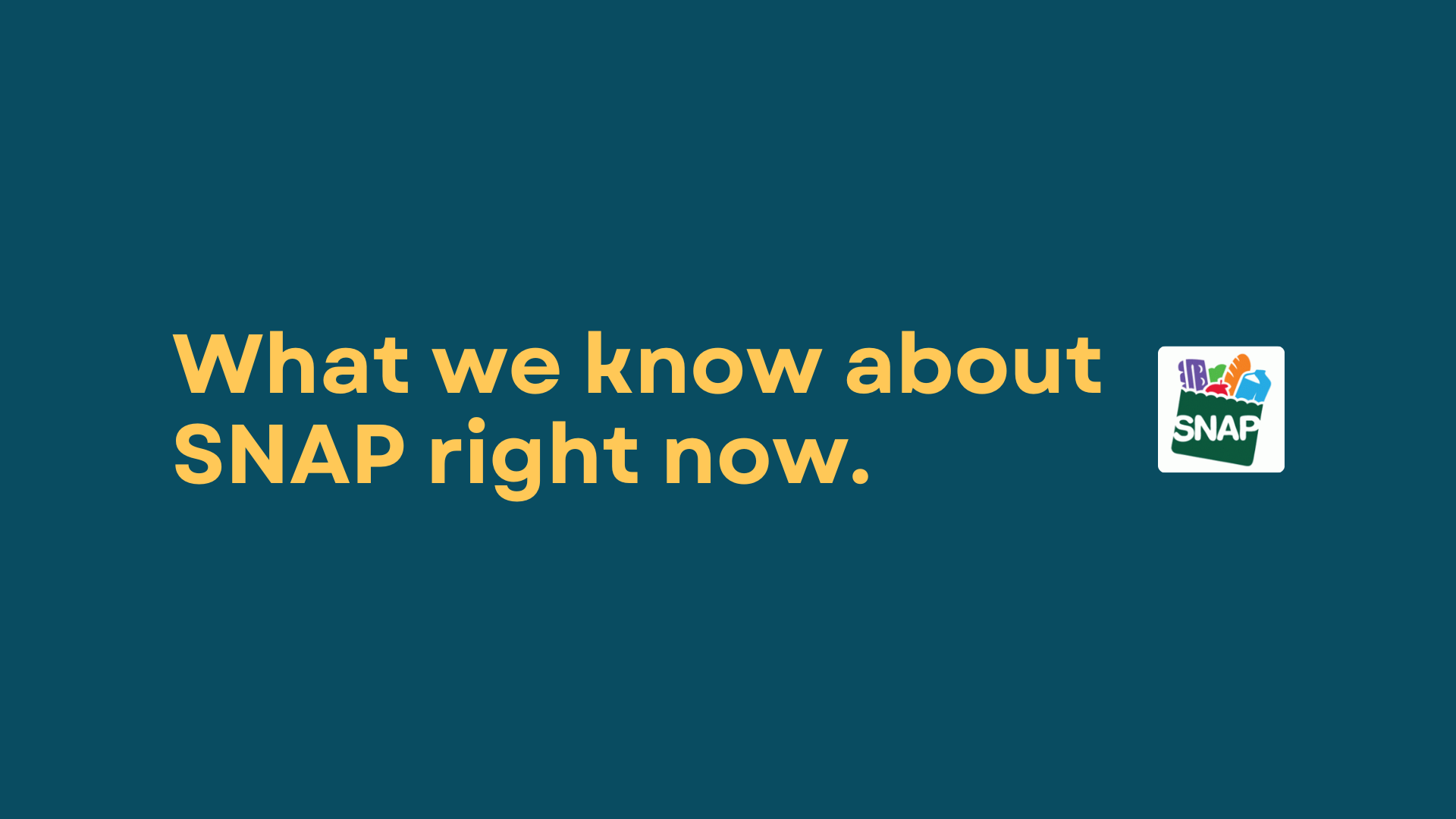It was a brand-new bedroom set, with a dresser and a nightstand. Nothing fancy, something mass produced and on sale. But for me, it was like a golden ticket because it was new and, most importantly, mine. Like many families, gently used, hand-me-down furniture was the norm in my house growing up, especially when paying bills, buying groceries and making sure that transportation needs were met left little money to purchase items such as a new bed or couch. That bedroom set introduced me to the Earned Income Tax Credit.
What is the Earned Income Tax Credit?
The Earned Income Tax Credit (EITC) is a tax credit that helps low- to moderate-income workers and their families receive a tax break either in the form of a reduction in taxes owed or an increase in income tax refunded. Over the years, the EITC has helped families rise out of poverty and move towards self-sufficiency. For my mother, a single parent who did secretarial work, the additional money provided by the EITC allowed her to secure a more reliable car, a used Chevrolet Corsica.
Over the years, the EITC has helped families rise out of poverty and move towards self-sufficiency.
Like my mother, many eligible recipients of the EITC use the funds to help improve their personal and professional lives, like paying for a class at a local college, purchasing a new bed for a child, or for a down payment for a mortgage or a security deposit for an apartment. Yet, nearly twenty percent of eligible workers don’t claim the EITC, a loss in revenue for families, communities and the state’s economy.
Who’s eligible for the EITC?
The Internal Revenue Service (IRS) EITC section can answer a variety of questions regarding eligibility, like the table below, which provides the maximum adjusted gross income to qualify for the credit, and an eligibility calculator where individuals can calculate their eligibility.

Even with these tools, figuring out EITC eligibility can be daunting. While companies like H&R Block, TurboTax and Jackson Hewitt offer various tax preparation services, community-based free tax services are available, like those provided by Cuyahoga EITC Coalition and Community Solutions’ 2020-2021 Most Treasured Volunteer Award winner Bob Simoneau. The Cuyahoga EITC Coalition is a part of the IRS Volunteer Income Tax Assistance (VITA) that provides low- and moderate-income individuals tax preparation help for free. The IRS also provides a handy Volunteer Income Tax Assistance preparer tool that shows individual tax preparers within a five-mile radius of their address. Appointments do often book up quickly.
As tax season approaches, the more eligible individuals who file and claim the EITC can help improve community conditions.
Help the EITC reach eligible Ohioans
As tax season approaches, the more eligible individuals who file and claim the EITC can help improve community conditions, like reducing poverty among children, and there are many ways to do this.
- Share the knowledge. Many community organizations that offer free tax preparation use social media and e-newsletters for advertising their services. Sharing your social feeds or forwarding e-mails to interested individuals can help expand this outreach.
- Become a Volunteer Income Tax Assistance. From tax preparer to interpreter, there are many ways to help those in your community file their taxes. Learn how to get involved here.
- Partner with a tax preparation organization or site. Helping free tax preparation sites expand their outreach is a great way to help those in your community. This can be done in many ways, like hosting a tax day where clients can meet with volunteer tax preparers, sharing EITC and other free tax preparation marketing materials with clients and staff, even including their literature in the resource section of your website. What started as an opportunity to provide me with a brand new bedroom set for my mother, grew into continued education opportunities, employment advancements, even gave her the ability to help pay for my college education. If the EITC could do that for us, imagine what it can do for others?







.png)
.png)